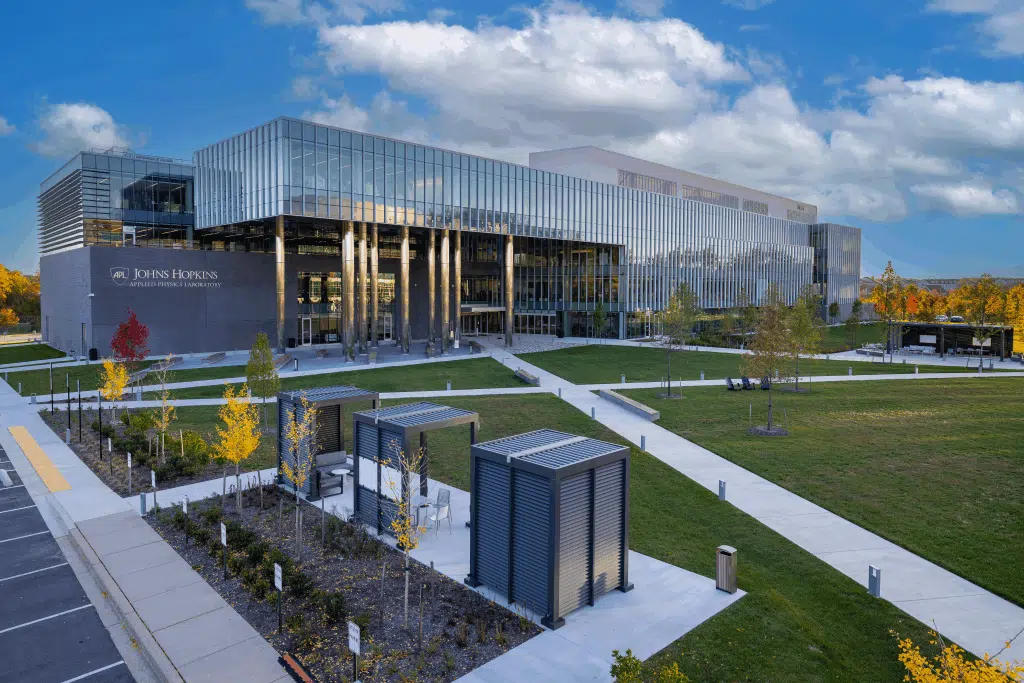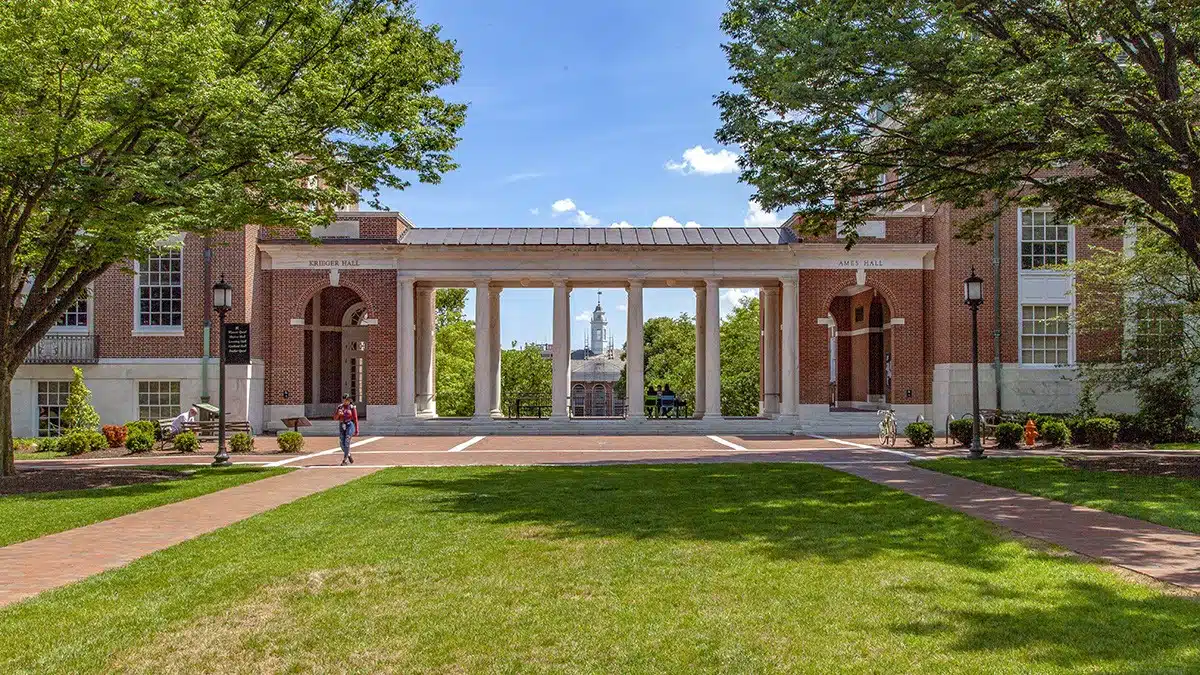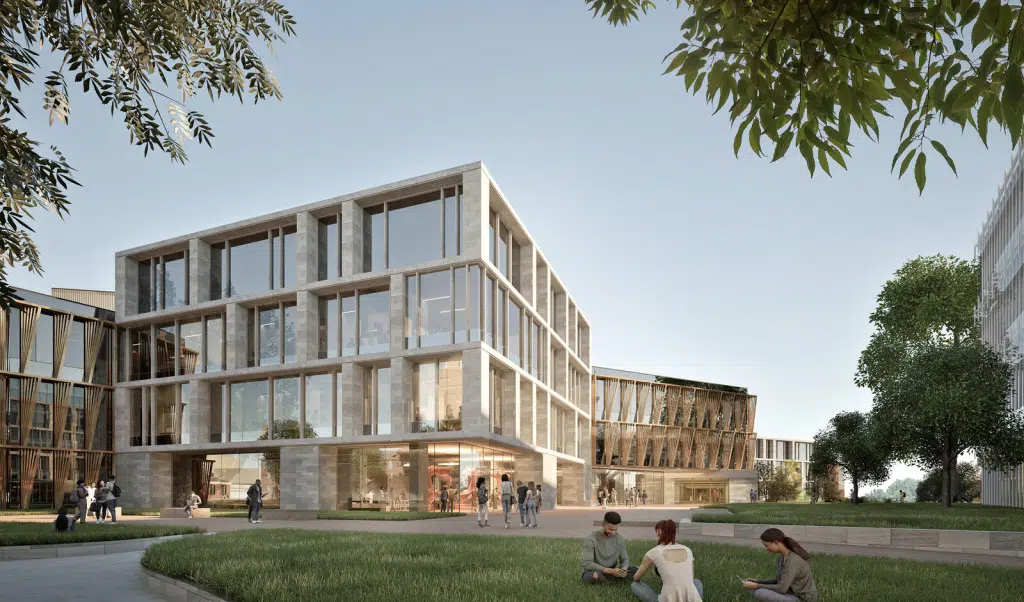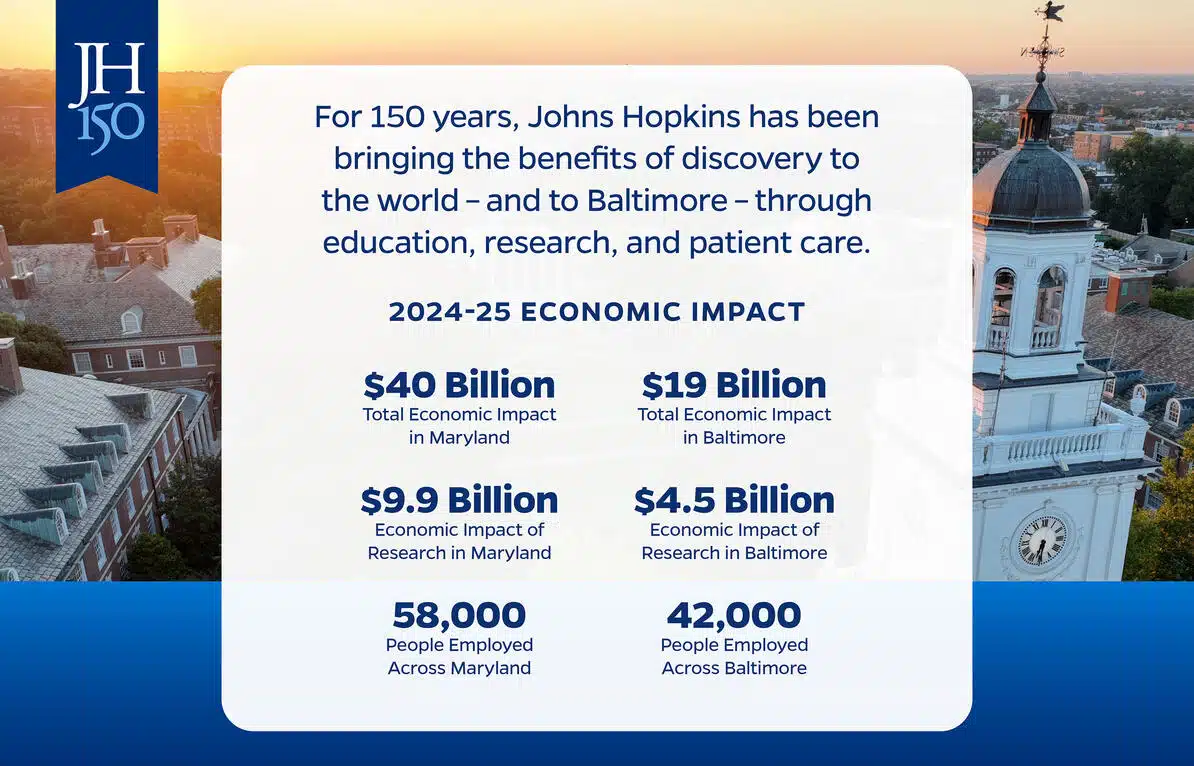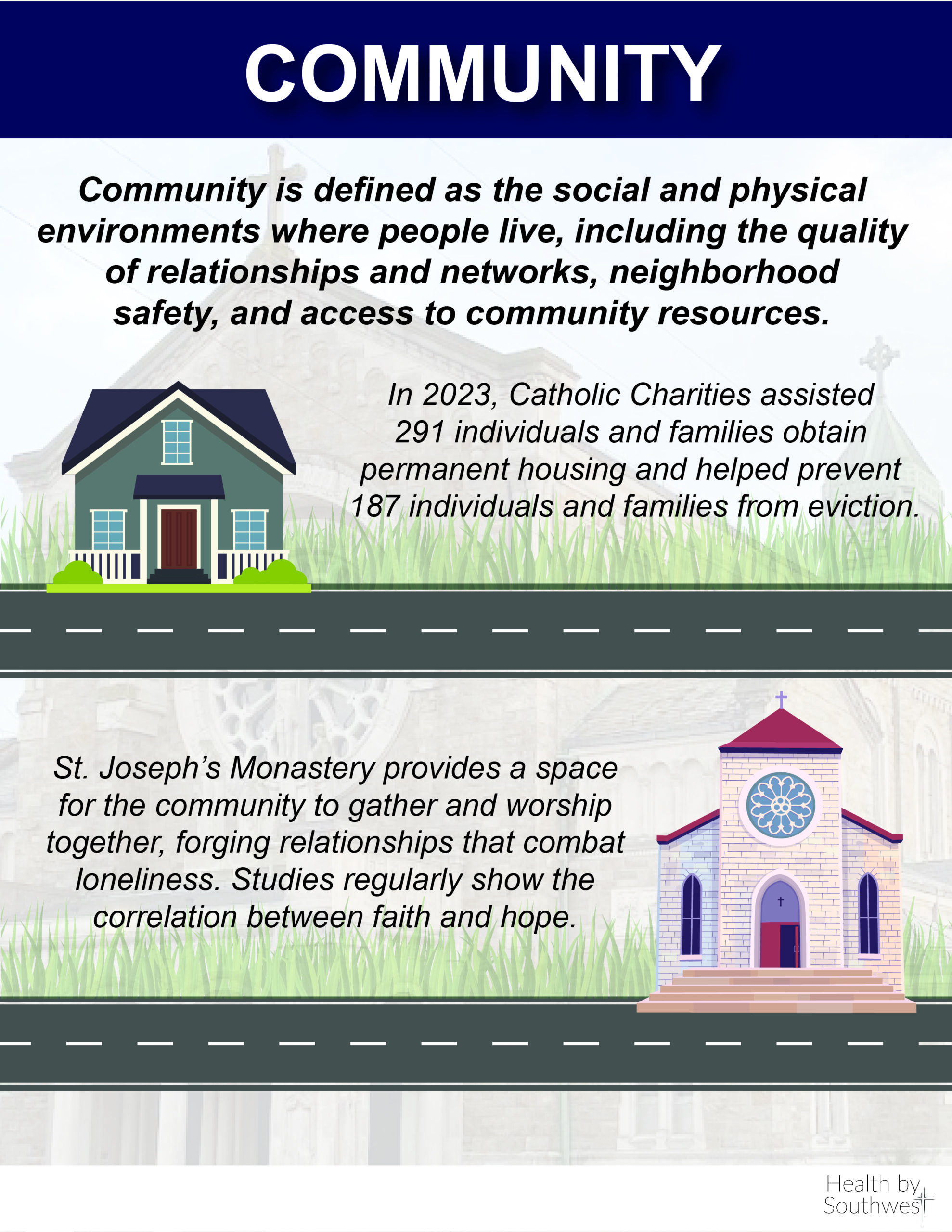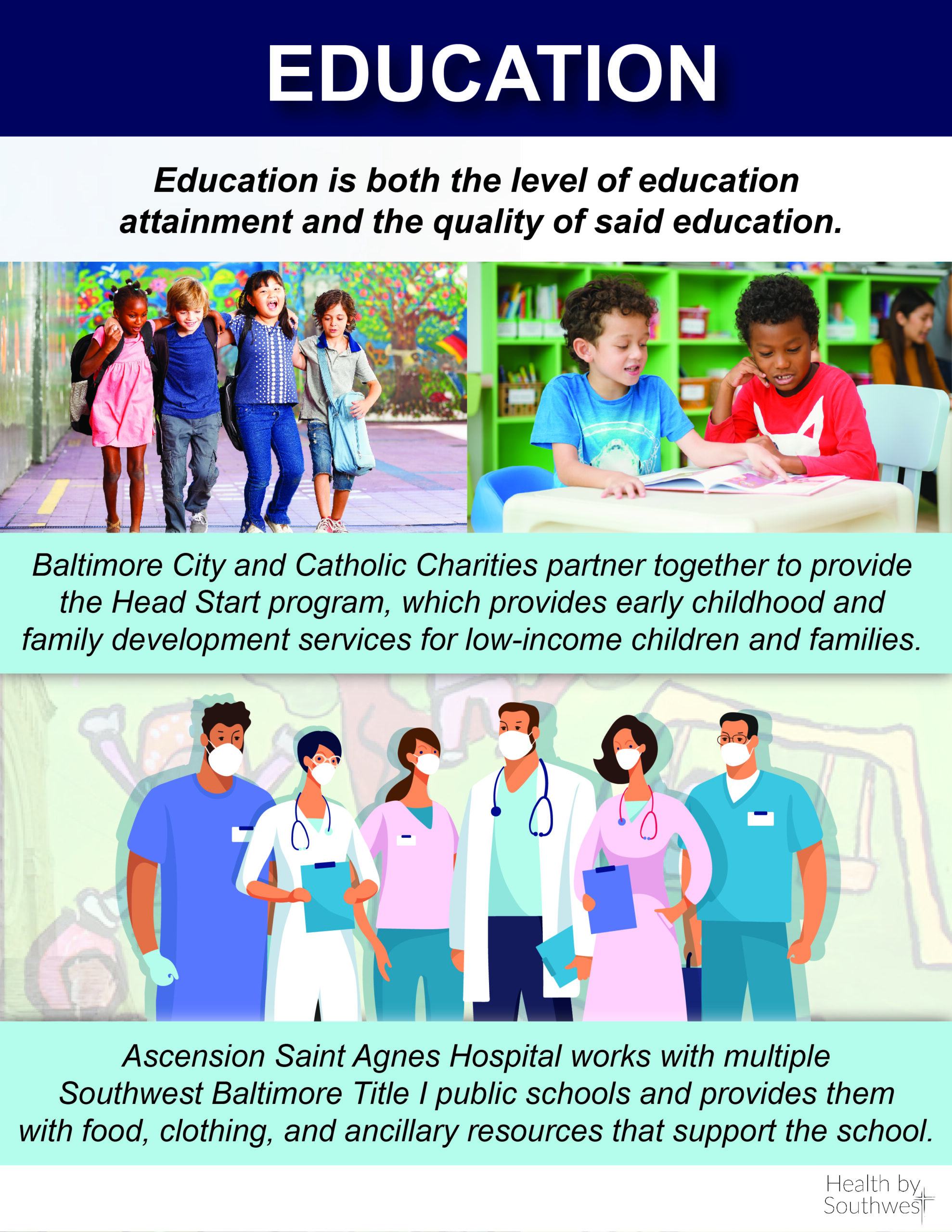Researching for the Future and Benefitting Today through John Hopkins Research
Of Johns Hopkins’ $5.1 billion annual research budget, 99% originates from sources outside Baltimore and Maryland, representing external investment that would not otherwise flow into the region without the university’s draw as a research powerhouse.
